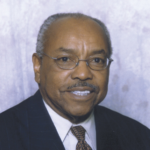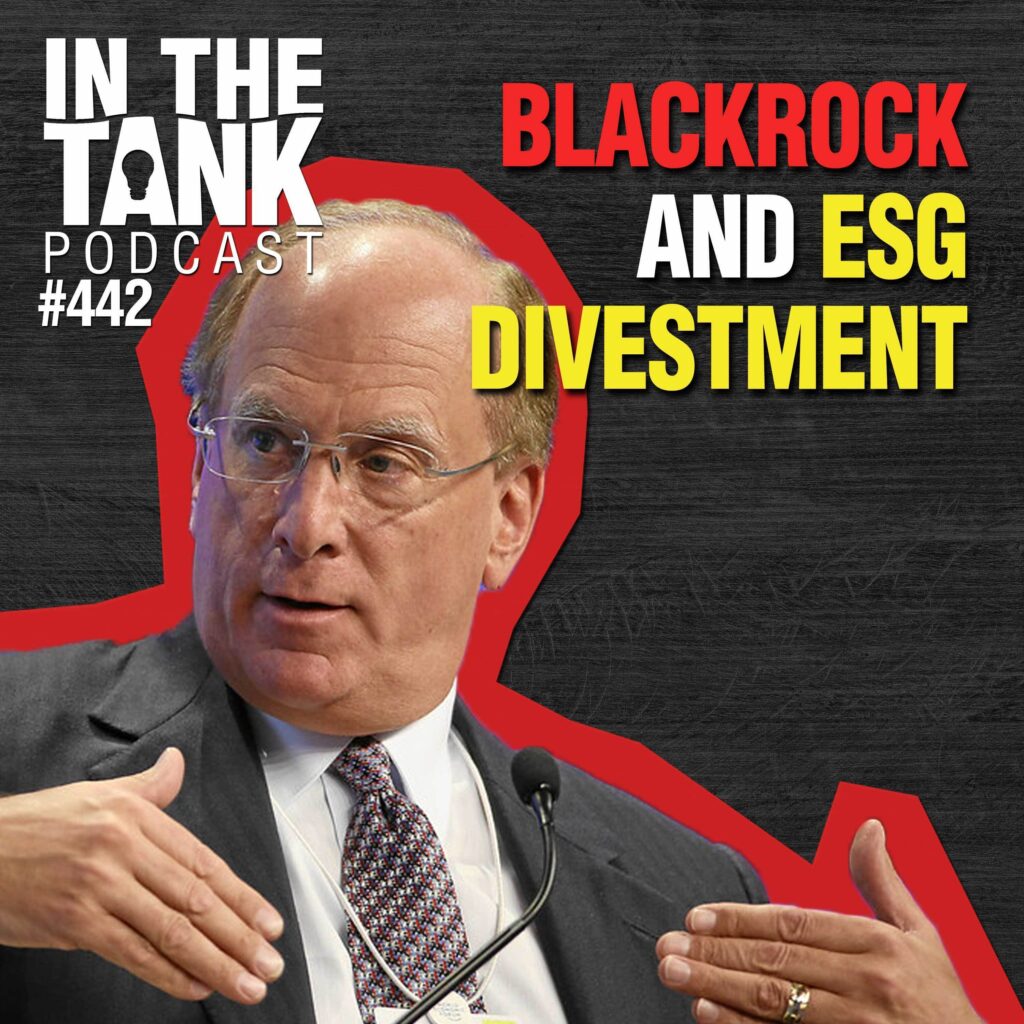Melvin J. Gravely’s latest book, When Black & White make Green, is written as a challenging and inspirational discussion between Black and white business folks in a last minute rush to keep their city from turning into “riot city” on national television. This was due to high racial tensions, caused by promises of greater supplier diversity and economic inclusion with local Black businesses that didn’t occur as expected.
Everyone talks about the need to develop stronger, more customer focused Black businesses, not only to take advantage of the growing economic clout of Black consumers, but to compete in the city-wide market place. Despite both the liberal approach of government affirmation action and the conservative approach of free markets, the number of businesses sustained by Black Americans continues to be among the lowest of all ethnic groups. Hundreds of millions of dollars in set-aside contacts haven’t resulted in the creation of sustainable Black-owned businesses. The basic question is why?
When Black & White make Green gives candid and breakthrough thinking as to the “whys,” such as, “what so we do next in supplier diversity?” “Why does access to markets and capital not equal success?”
After 40 years of civil rights programs supported by businesses and government working with local Black construction companies, a recent headlines in the Chicago Sun Times read, “County’s minority contracts plummet to ‘pathetic’ low.” The story pointed out “Black-owned firms got only $779,611 dollars in construction contracts, while Cook County paid out $57.5 million in construction contracts for the year 2003. Yet, Hispanics received $2,007,8721; Asians received $1,121,932; and women received $682,932.”
The irony of this story is that most Black business owners will tell you that affirmative action or diversity is working. However, Black and white business owners must be prepared to change the way they are thinking and approaching this age-old problem, or the results will remain the same, not only in Chicago, but in all major cities.
This is the paradox that Gravely, founder of the Institute for Entrepreneurial Thinking and a faculty member at Thomas More College, addresses in his book. The 125-page hard cover isn’t full of traditional concepts; it is based on actual research on minority supplier programs around the country.
Gravely describes this new process as the Accelerator.
The “mission is to develop a plan to accelerate the pave and progress of minority business development in our Cities.” In other words, the next step is not about “blame” but how to build relationships.
Present programs often failed, he writes, because white companies didn’t want to give big business projects to Black companies, and at the same time. Black companies weren’t prepared to handle greater responsibilities when offered.
Gravely’s accelerator mission included “find a new way, a better way, a more significant way to grow sizable minority businesses.” As he said, Black & White Make Green “represents the promise that all ideas, activities and focus can have the commonality of green.”
The three accelerator relationships are minority business owners ready list; major corporations ready list; and the community leaders ready list. The process is working.
“We really did all work together. There really is more profit when all prosper. We can build better communities and schools and neighborhoods that support the success of all the people.” writes Gravely.
What do you do next? Visit Gravely’s website at www.blackwhitegreen.com. The short answer is start a conversation about economic inclusion before racial tensions are out of control or before something happens to heighten racial tensions.
Some of the companies familiar with Gravely and this book are Fifth Third Bank Corp., Procter and Gamble, North America Toyota Manufacturing and Federated Department Stores.
Lee H. Walker [email protected] is a columnist and member of the Chicago Defender’s editorial board. He is president of The New Coalition for Economic and Social Change and is a senior fellow at The Heartland Institute.




